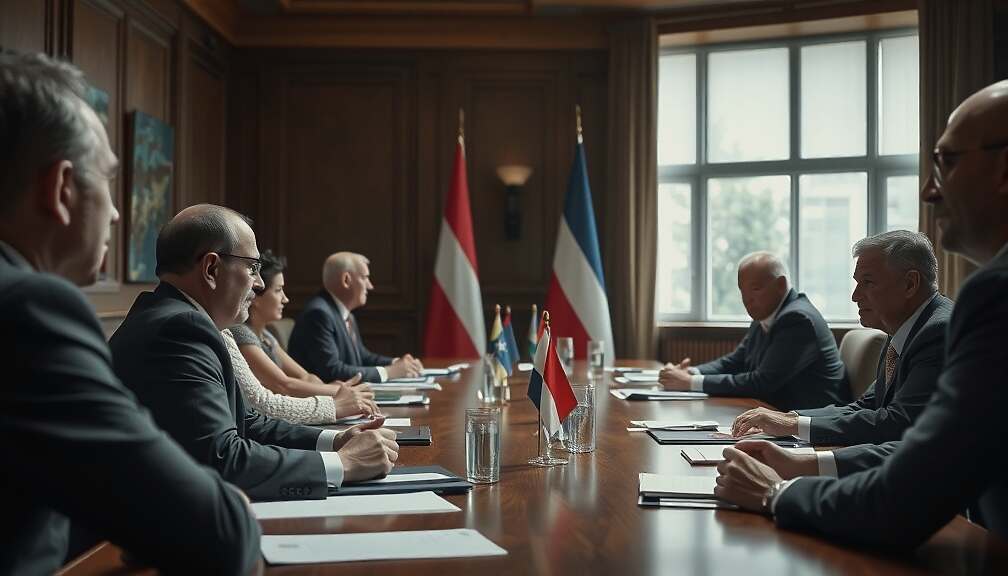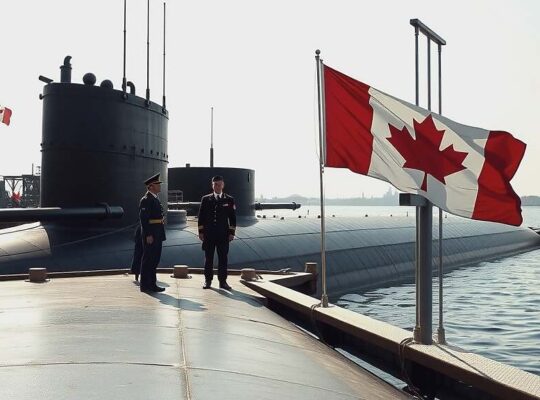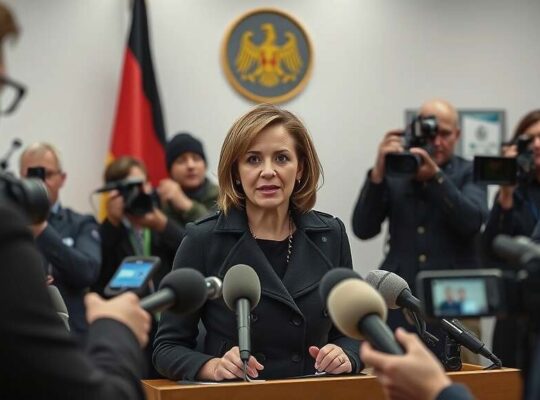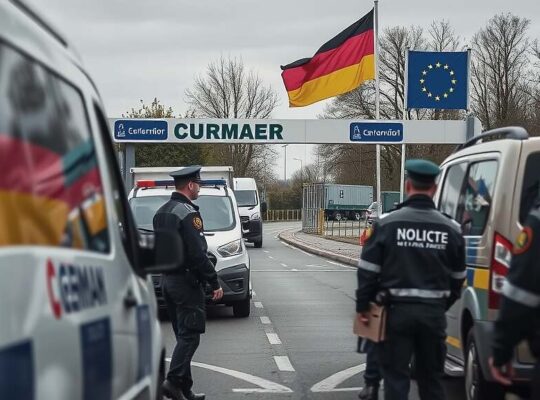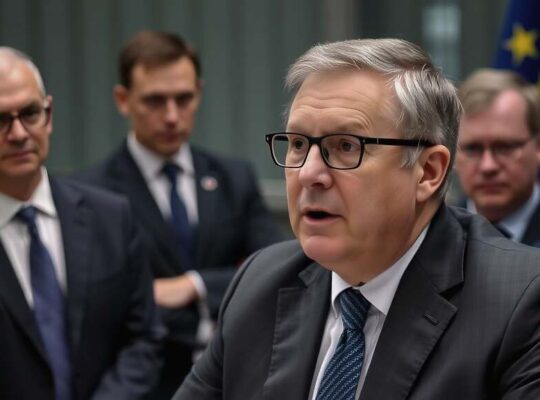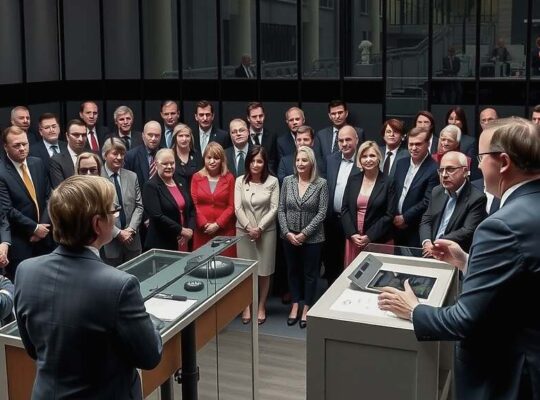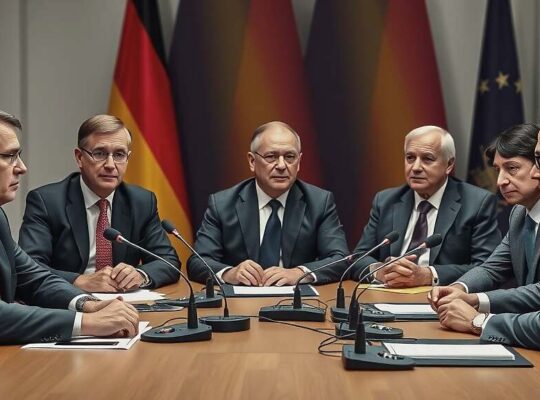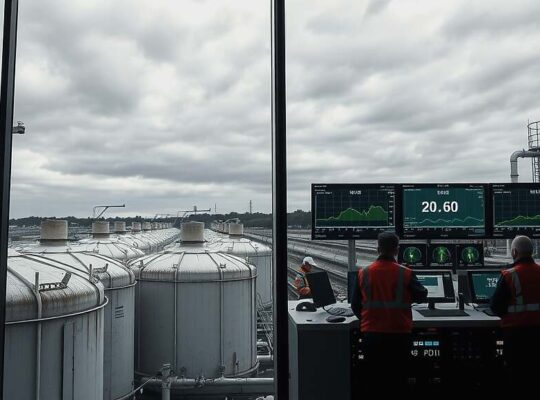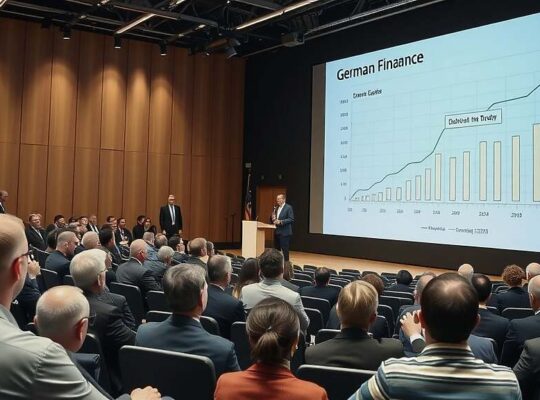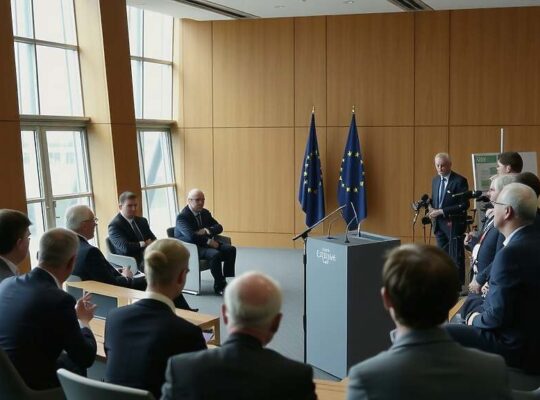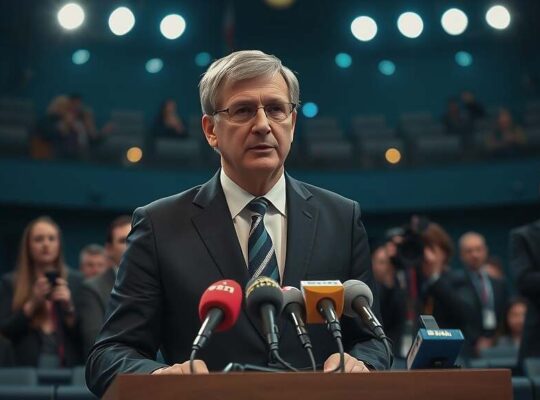Germany signals conditional reconstruction aid for Gaza amidst evolving peace negotiations, sparking debate over preconditions and political implications. Foreign Minister Johann Wadephul, of the Christian Democratic Union (CDU), announced Wednesday that Germany is prepared to contribute to the rebuilding of the Gaza Strip following anticipated progress in ongoing peace talks between Israel and Hamas. The pledge, however, is contingent upon stringent security guarantees and a commitment to long-term political and economic stability for the region.
Speaking ahead of a diplomatic mission to Belfast and Paris, Wadephul emphasized Germany’s reputation as a key international partner in humanitarian aid, stabilization and reconstruction efforts. He stated a readiness to collaborate with international allies, a sentiment echoed in anticipation of a forthcoming ministerial meeting in Paris, hosted by French Foreign Minister Jean-Noel Barrot. This gathering will bring together representatives from European, Arab and other Muslim nations to coordinate strategies and align approaches to the escalating negotiations.
The declared aim is to facilitate the implementation of a proposed US peace plan, attempting to transform nascent hope into tangible reality. However, Wadephul explicitly linked German support to two critical prerequisites. Firstly, he stressed the absolute necessity of ensuring Gaza poses no further threat to Israel, demanding a demonstrably altered security landscape. Secondly, he emphasized the need to provide Gaza’s population with a ‘political and economic perspective’ – a phrase laden with potential for future complexities and raising questions about governance and sustainable development.
Analysts are scrutinizing the German stance, observing a deliberate effort to balance humanitarian concerns with the perceived strategic imperative of Israeli security. Critics argue that attaching such preconditions risks undermining the immediate and urgent need for humanitarian assistance, while proponents maintain that long-term success hinges on addressing the underlying political and economic drivers of conflict. The Paris meeting promises to be a pivotal moment, testing the resolve of international actors and clarifying the true scope of Germany’s commitment to a fragile and contested peace process. Questions remain regarding the specifics of the ‘political and economic perspective’ Wadephul envisions and how Germany intends to leverage its influence to ensure its realization, particularly given the complexities of engaging with the current leadership in Gaza.


